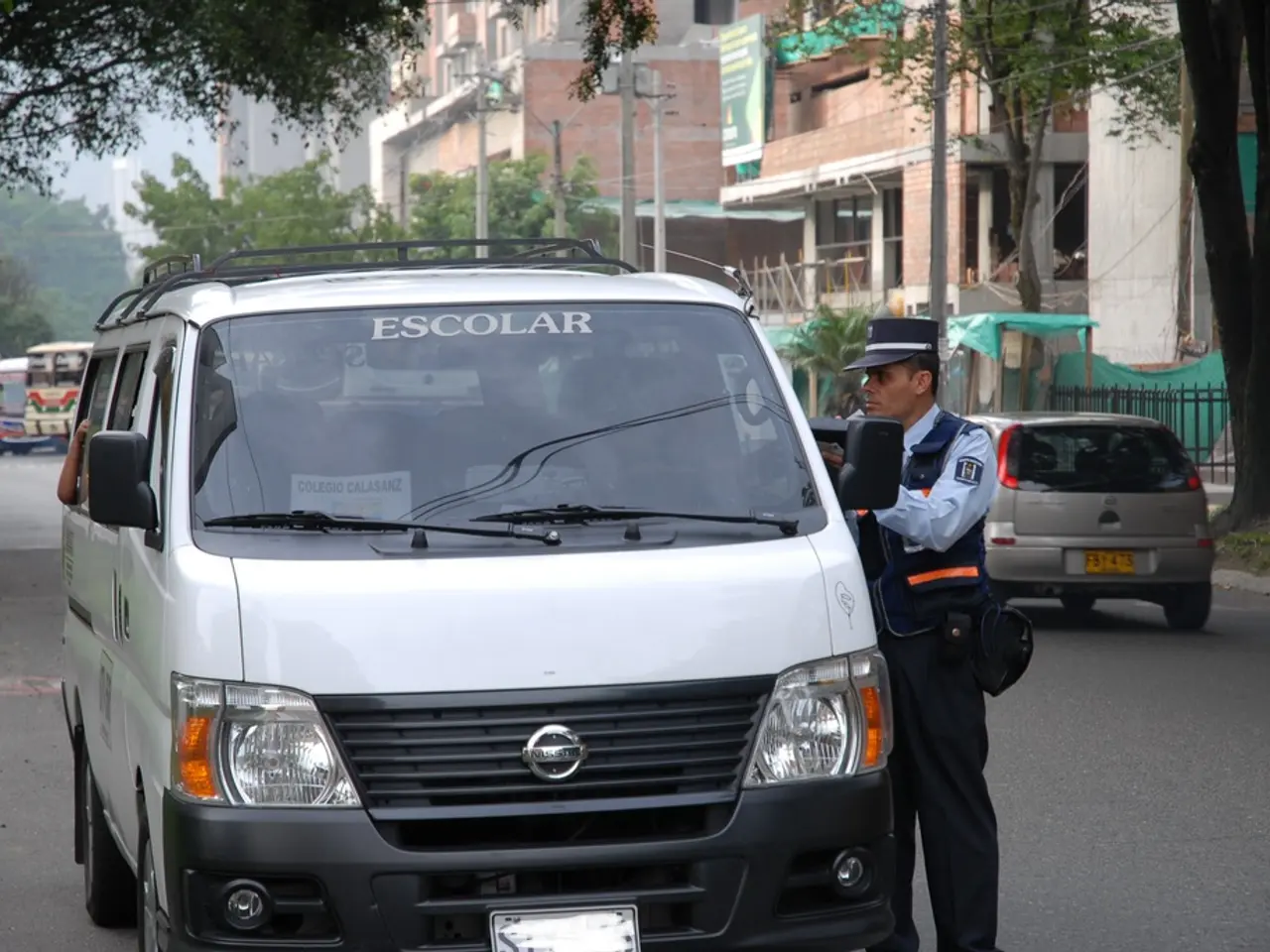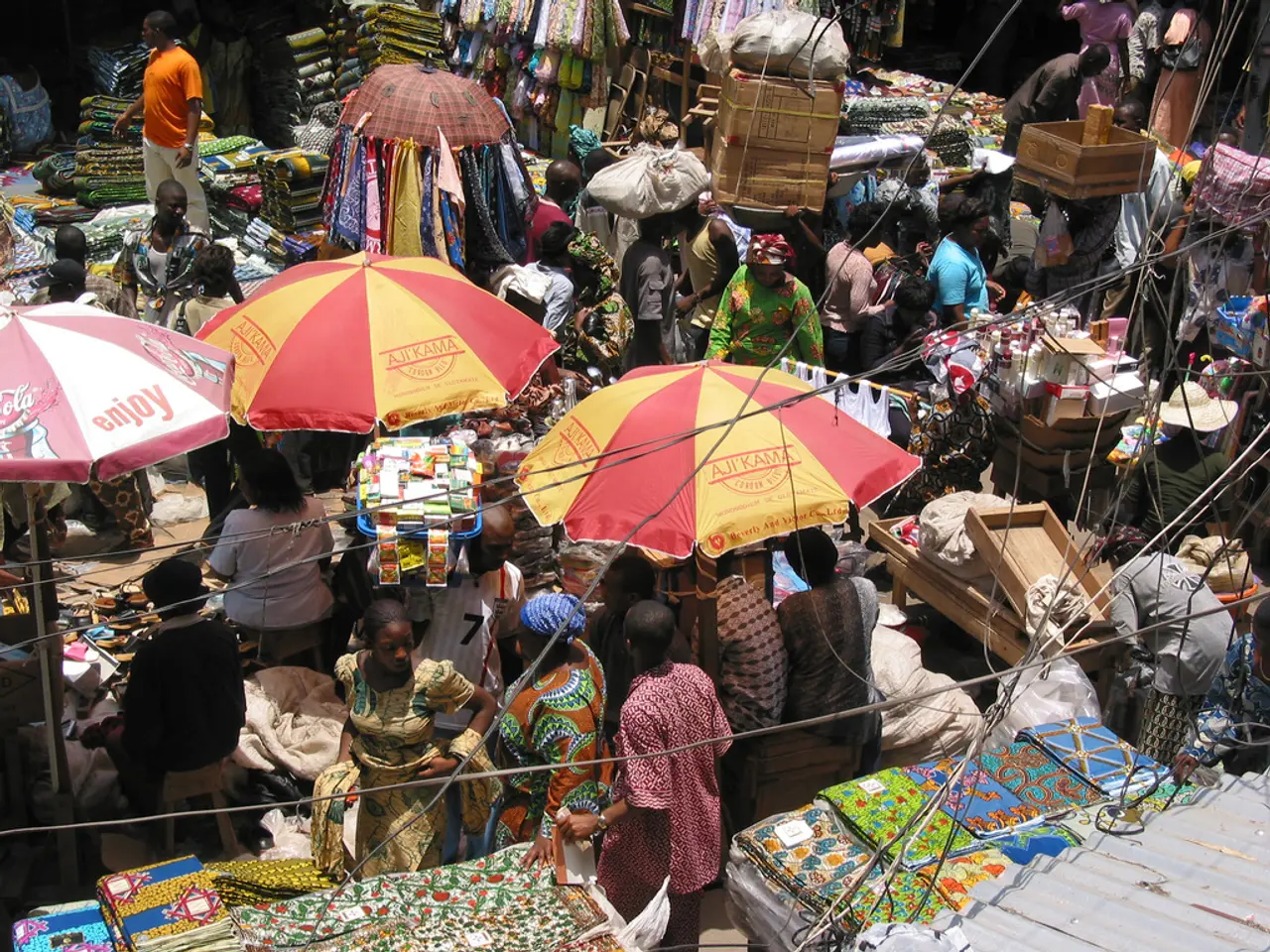SpaceX's Starlink satellite internet service given green light for launch in Democratic Republic of Congo
Starlink Brings High-Speed Internet to Remote Areas of Democratic Republic of Congo
Starlink, SpaceX's satellite-based internet service, is set to significantly improve connectivity in the Democratic Republic of Congo (DRC), a country with limited or nonexistent traditional terrestrial internet infrastructure in remote and underserved areas.
The service, known for its high-speed, low-latency internet access, can reach even the most isolated regions thanks to its large constellation of satellites. In similar remote areas worldwide, Starlink has already transformed access to education, telemedicine, government services, and economic opportunities by bridging the digital divide.
The entry of Starlink into the DRC is a significant step in the country's efforts to improve digital infrastructure. ARPTC President Christian Katende is overseeing the rollout, which is expected to begin in the coming days. This is part of Starlink's ongoing expansion strategy, having already entered other African countries like Nigeria, Rwanda, and Kenya.
The service in the DRC has the potential to substantially enhance digital inclusion and socio-economic development. Education can be improved via access to digital learning resources where schools lack internet. Healthcare can be transformed through telemedicine services linking remote clinics to specialists. Governance and security can be bolstered by enabling communication and monitoring in areas with limited infrastructure. Economic opportunities can be created by connecting local entrepreneurs and farmers to markets and information.
However, the introduction of Starlink in nations like the DRC also raises certain concerns. Some governments worry about overreliance on a foreign-owned network for critical communications infrastructure, which has geopolitical and security implications. Additionally, while connectivity boosts positive development, it may inadvertently facilitate illegal activities like unregulated mining or piracy by providing internet access to bad actors in isolated regions.
In summary, Starlink's satellite internet service in the DRC offers transformative potential to improve quality of life, expand digital inclusion, and promote socio-economic growth in remote and underserved communities. However, it also presents governance and security challenges that require careful management. This is part of the DRC's broader push to improve digital access and infrastructure.
Science and technology, particularly space-and-astronomy, play vital roles in Starlink's satellite-based internet service, as it leverages advanced technology to deliver high-speed internet in even the most remote regions, such as the Democratic Republic of Congo. The implementation of this service can foster numerous applications like education, telemedicine, government services, and economic opportunities, bridging the digital divide.




